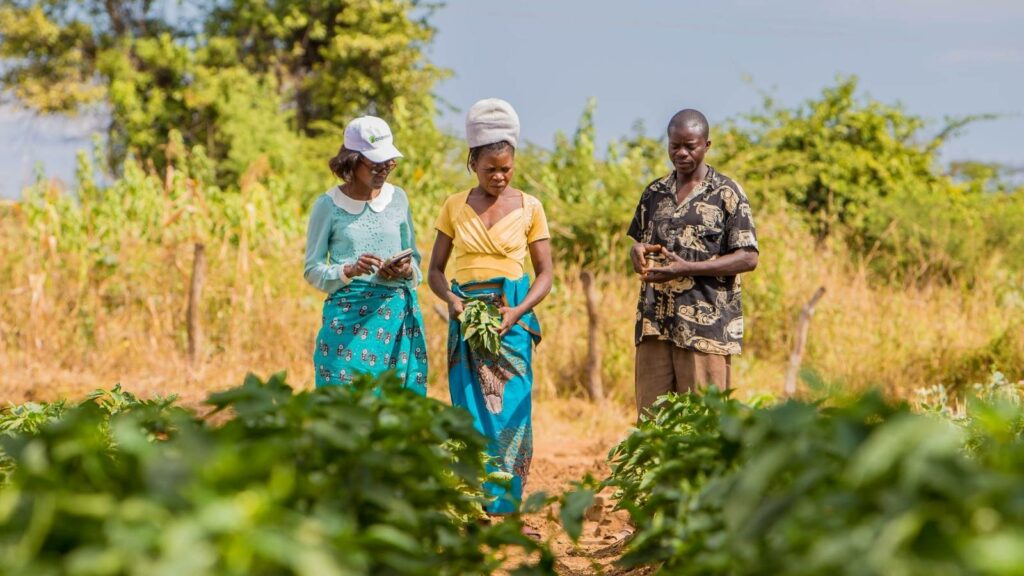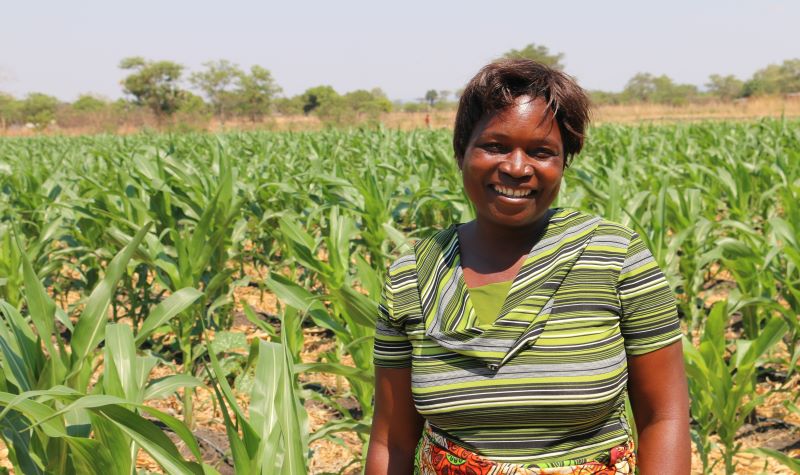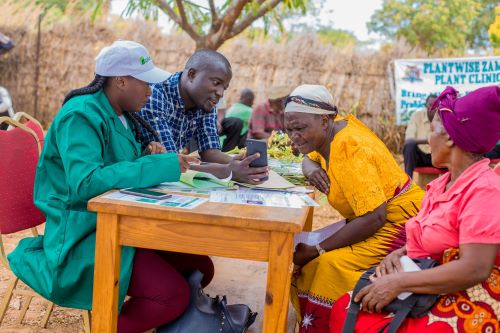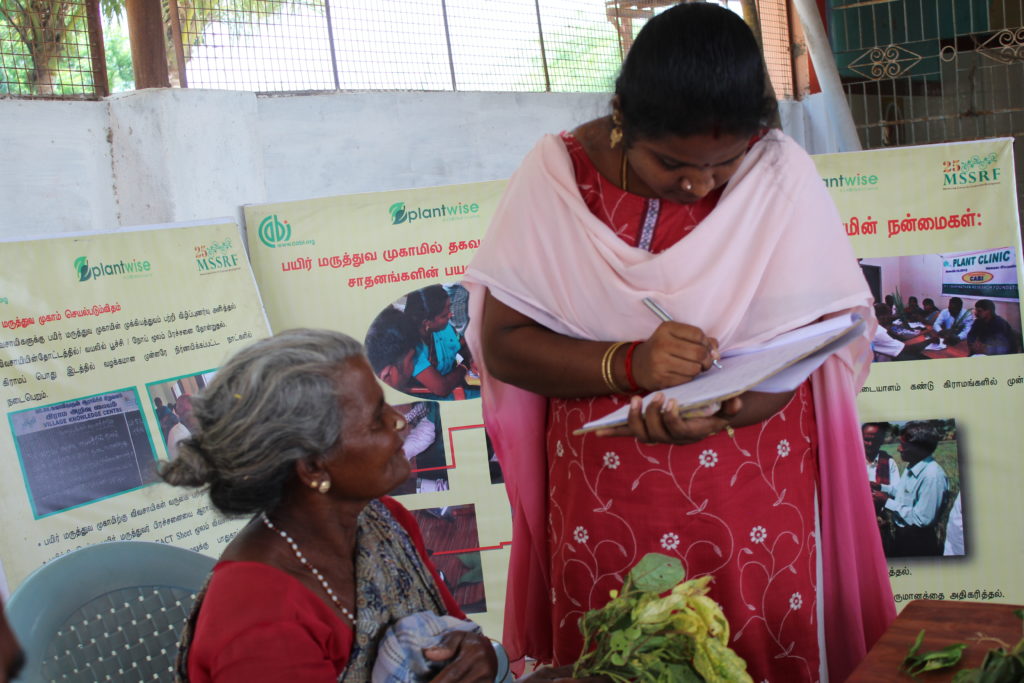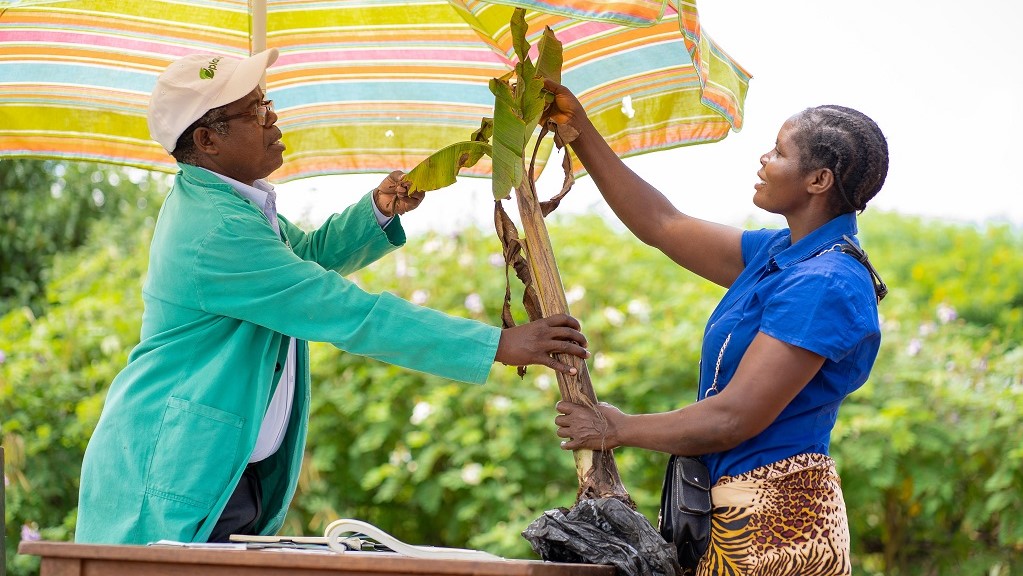Digital advisory tools in the hands of women agricultural service providers
Smallholder farmers across the world need access to advisory services to support them in managing pest and disease issues on their crops. As part of its PlantwisePlus programme, CABI is developing and promoting digital advisory tools to increase access to the information that farmers need to adopt safe and effective agricultural practices. One of the…
PlantwisePlus and the Sustainable Development Goals
The sustainable development goals (SDGs) are the outline to achieving a better and more sustainable future for all. The 17 goals aim to address challenges relating to poverty, inequality, climate change, the environment, and peace and justice. A number of these global goals are central to CABI’s PlantwisePlus programme.
Women in Science: CABI scientist Sathis Sri Thanarajoo
Women can, and should, play an equal role in the future of agriculture. However, they are often overlooked, particularly in agriculture and science. Gender and youth is one of CABI’s key themes. Constituting to Sustainable Development Goal 5, CABI’s goal is to create opportunities for women and young people in agriculture. To mark ‘International Day…
Inspiring Women in Science: An interview with Malvika Chaudhary
Science needs women and girls, but they continue to be overlooked. International Day of Women and Girls in Science aims to inspire women and girls to have greater representation in the field of science. CABI is proud of the invaluable contribution its own female scientists have made in applying scientific expertise to solve problems in…
Women in rural agriculture: a CABI interview
Women play a significant role in agricultural production. Although women have limited say in decision-making on family farms, they make up nearly half of the global agricultural workforce. However, female farmers face a number of barriers, which must be addressed if we are to achieve a number of Sustainable Development Goals, including SDG 5: Gender…
Plant clinics: Gender impacts in Zambia
Women are key to the future of agriculture and ending world hunger. Currently, female farmers make up 43% of the global agricultural workforce and play an important role in farming production and improving food security. However, the hurdles women face are real. Women often find it harder than men to access agricultural information, finance and…
More women are getting access to plant health advice through Plantwise and they grow the same crops as men
It is widely known that women have less access than men to agricultural extension services. Extension agents most often speak to household heads who tend to be men, as well as other male farmers. Plus, the extension agents themselves also tend to be men. Women often work longer hours than men too (12-17 hours per…

